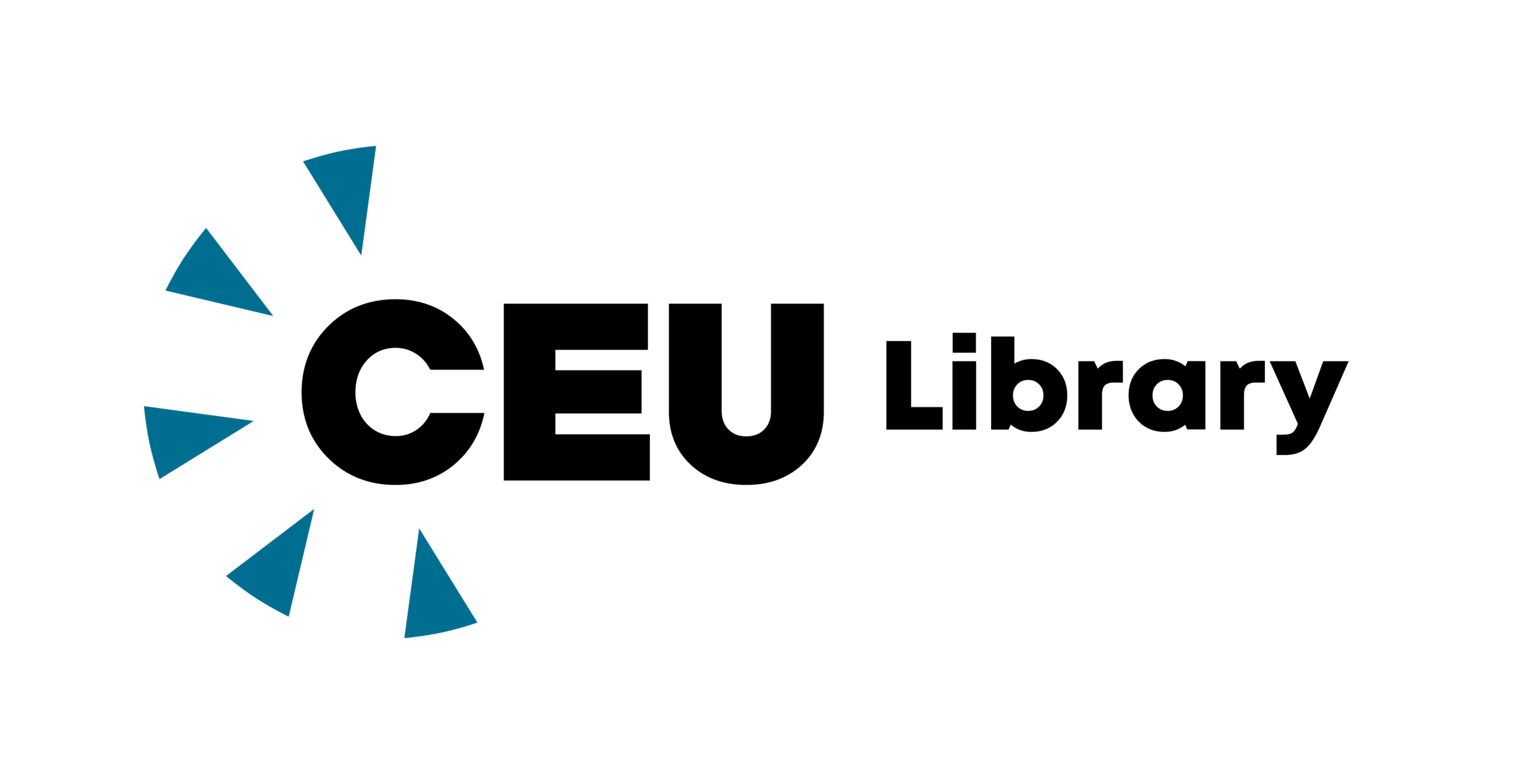
Here are the guidelines for citing generative AI in MLA Style, APA Style, AMA Style, and Chicago Manual of Style.
Be sure to check Central European University's Policy on Student Plagiarism.
Professor Ethan Mollick (Wharton School), recommends going beyond traditional citations. He asks his students to include an appendix to their papers, where they list each prompt they used in ChatGPT and discuss how they revised those prompts to get better output.
See: Mollick, Ethan R. and Mollick, Lilach, Using AI to Implement Effective Teaching Strategies in Classrooms: Five Strategies, Including Prompts (March 17, 2023).
See also Acknowledging and Citing Generative AI in Academic Work by Liza Long.
Publisher policies
Here are some statements from academic publishers about the use of generative AI.
AI use must be declared and clearly explained in publications such as research papers, just as we expect scholars to do with other software, tools and methodologies.
AI does not meet the Cambridge requirements for authorship, given the need for accountability. AI and LLM tools may not be listed as an author on any scholarly work published by Cambridge
Authors are accountable for the accuracy, integrity and originality of their research papers, including for any use of AI.
Any use of AI must not breach Cambridge’s plagiarism policy. Scholarly works must be the author’s own, and not present others’ ideas, data, words or other material without adequate citation and transparent referencing.
Please note, individual journals may have more specific requirements or guidelines for upholding this policy.